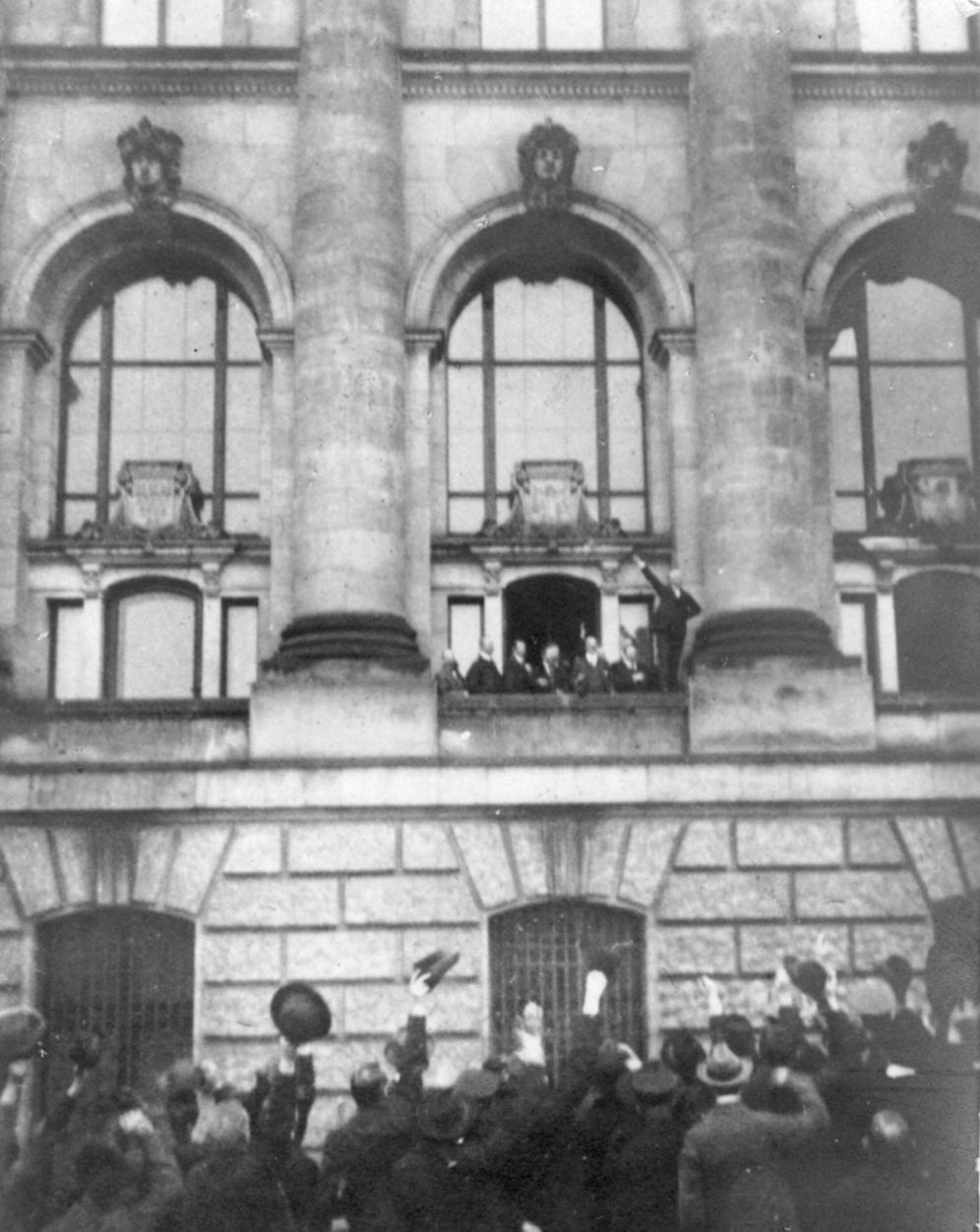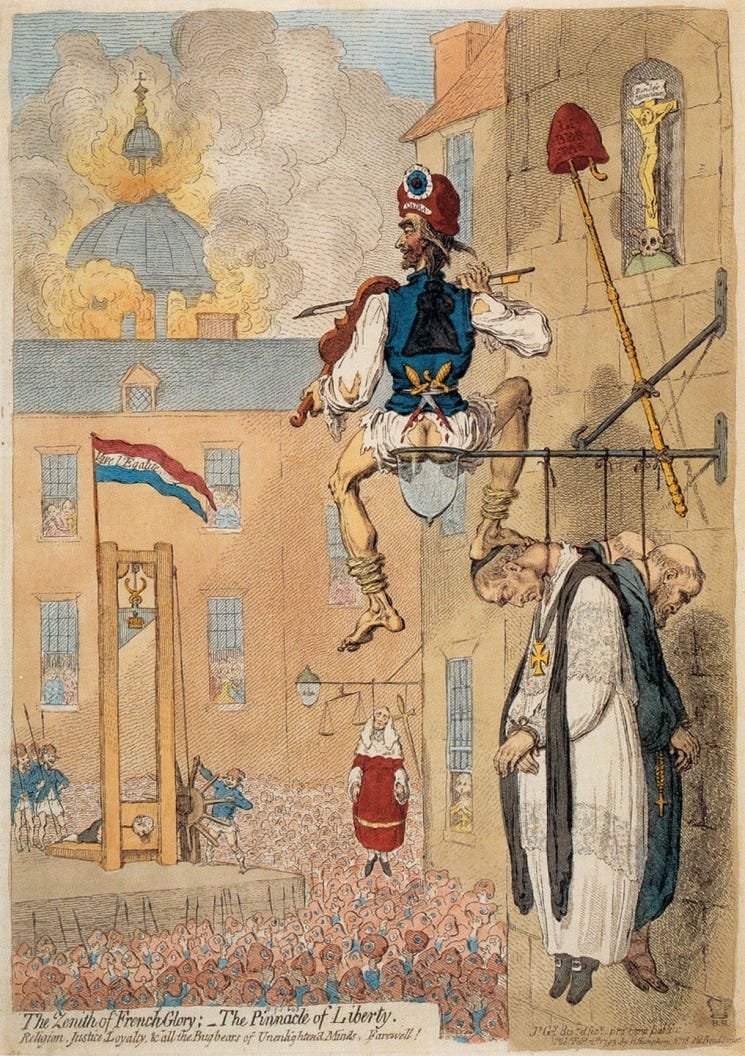Religion, Justice, and Loyalty Swept Away in the Name of Liberty
In the years 1642-1688, England underwent a fateful transition from a social order shaped by Reformation theology (Althusius' idea of the Covenant) to a completely different one in which humanist principles were realized. Strictly speaking, it took two English revolutions (1642-1648 and 1648-1649), a coup d'état and a foreign invasion to bring Whiggism to victory. This social order was particularly characterized by the contract theory, which formed the basis of John Locke's liberalism. In 1762, Jean-Jacques Rousseau presented a more developed version of the contract theory. While it is generally true that John Locke's version of liberalism held sway in the United States until 1890, some details need to be added to get a more accurate picture of the situation. The real turning point in American history from the first version of contract theory (Locke) to the second (Rousseau) was marked by the two terms of President Andrew Jackson from 1829 to 1837. But it was not until the so-called Progressive Era, which began around 1890 and ended around 1923, that the second version became the official form of government. Since then, social democracy (Rousseau) has dominated in America, displacing republican democracy (Locke). In other Western countries, the transition from one form of government to the other took place at different times. In Great Britain, Prime Minister David Lloyd-George introduced Rousseau's contract theory in the years 1916-1922. In Germany, on November 9, 1918, with the proclamation of the Weimar Republic, the same contract theory was introduced. That this German government was called a "republic" (Locke) was a deliberate deception on the part of the leading politicians of the time, especially the Social Democrat Philipp Heinrich Scheidemann. It was a social democracy (Rousseau) from the beginning.
Image: During the November Revolution, Scheidemann announced the collapse of the German Empire and proclaimed the German Republic from the balcony of the Reichstag building on November 9, 1918.
In France, Rousseau's social order was introduced in early June 1793 and lasted until July 1794, when the Jacobin Reign of Terror ended. It was reintroduced in a series of other revolutions in the 19th century.
Image: Caricature of the Reign of Terror by James Gillray (1793): "The zenith of French glory: The summit of liberty. Religion, justice, loyalty, and all the ghosts of unenlightened minds, farewell!
Next week I will show what religious ideas lie behind the contract theory in its two forms. It will become clear that they convey exactly the opposite of the Christian faith; this was most evident during the period of the Jacobin Reign of Terror under Maximilien Robespierre (1758-1794) at the time of the French Revolution.
Dan. 11:36: “Then the king will do as he pleases, and he will exalt and magnify himself above every god and will speak monstrous things against the God of gods; and he will prosper until the indignation is finished, for that which is decreed will be done.
NASB 1995
---
> Subscribe to the Court Jester Mailing
> Legal




